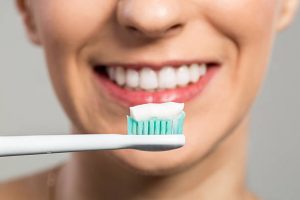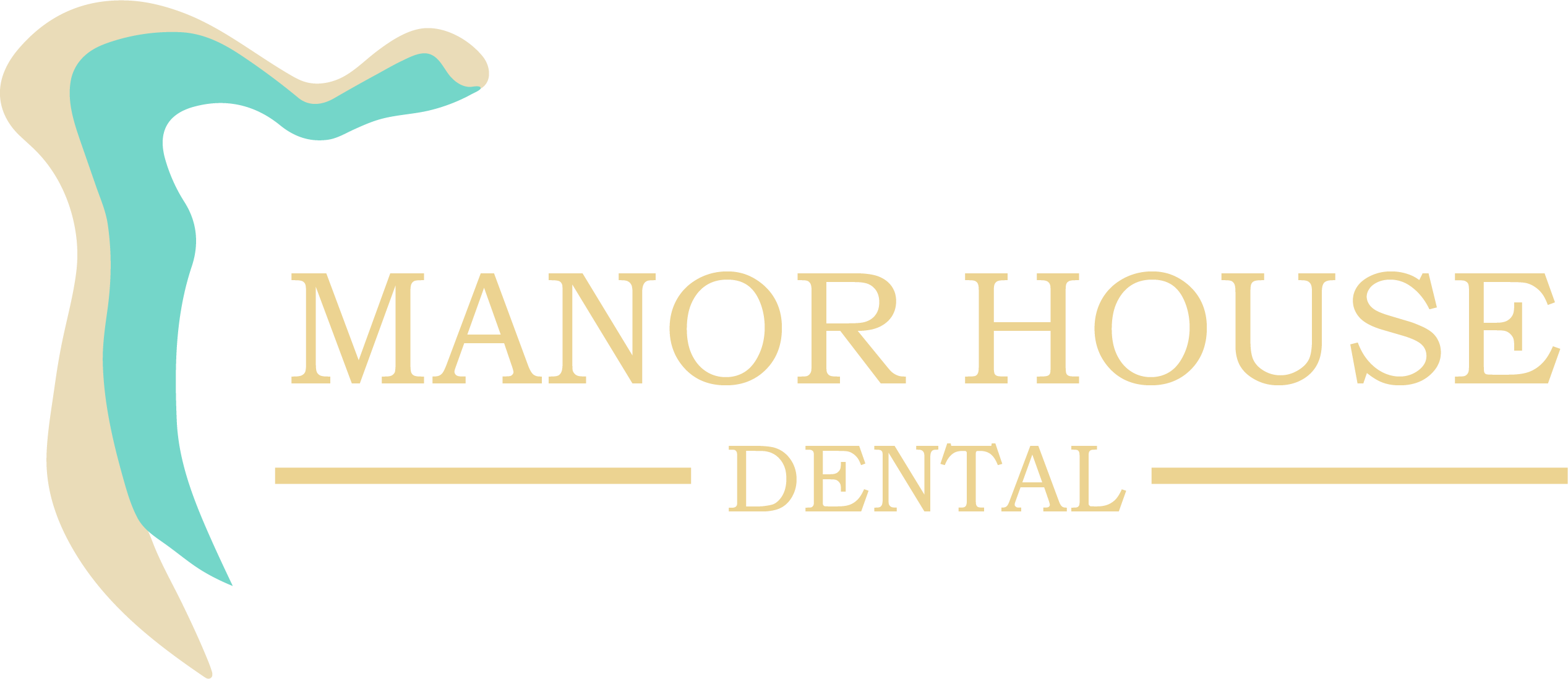
Dental hygiene isn’t just about making sure your teeth and gums are clean! It’s also an important factor in promoting overall health and wellness, because of the close link between oral health and your general body health. At Manor House Dental, we believe that dental hygiene is an essential part of keeping your whole body healthy and disease-free. That’s why our team of dental hygienists focuses on preventive care and treatment to keep your teeth, gums, and mouth as healthy as possible!
Even if you visit the dentist regularly, it’s still important to practice good oral hygiene habits in between appointments. If you’re looking to improve your appearance by making sure your teeth are clean and that your gums are healthy. Manor House Dental offers hygiene services including regular cleanings, scale and polish, fluoride treatments, X-rays, and more! Call today to schedule an appointment at Manor House Dental!
What Is A Dental Hygienist?
Dental hygienists emphasize preventive care and provide tailored advice on how to improve oral hygiene levels. A hygienist makes it their focus to find and treat any gum diseases, clean teeth, and remove built-up plaque and tartar.
Our hygienist will consult with you about your dental hygiene, advising you on how to better it, and also suggest the things that you should avoid when eating and drinking, since they may be harmful to your teeth and make oral hygiene more difficult.
What Happens During A Dental Hygienist Appointment?

During a dental hygienist appointment, our hygienist will first professionally clean your teeth, and it’s called a scale and polish. Our dental hygienist will perform a routine oral health examination.
A dental hygienist appointment includes:
- Our hygienist will conduct a scale of your teeth to remove any built-up plaque and tartar. It’s especially helpful for the hard-to-reach parts of your mouth and teeth.
- Next, the hygienist will clean your teeth to remove any superficial stains. If your teeth are discoloured from excessive teeth staining, teeth whitening treatments may be suggested.
- Our dentist will then have a discussion with you about your current diet and oral hygiene habits, as well as offer advice on how to maintain good oral hygiene. Our hygienist may also provide demonstrations on at-home techniques for taking care of your teeth so you can maintain good oral hygiene.
Why Good Dental Hygiene Is Important
Good dental hygiene is vital for both oral and overall health. In addition to improving your smile, good dental hygiene can also help keep you healthy by preventing cavities, plaque buildup, gum disease, and bad breath. Contact Manor House Dental today to learn more about how we can help with all of your oral health needs. Our services include restorative dentistry as well as cosmetic procedures such as composite bonding.
How Often Should I Visit A Dental Hygienist?
The frequency of your visits with your dental hygienist may depend on how diligently you brush your teeth. If you are having difficulty due to the way you take care of your teeth, then you may need to see our hygienist more often. Alternatively, you may also book dentist appointments to receive professional teeth cleaning and polishing, based on your personal desire to keep your teeth clean and shiny. This is to ensure that your teeth and mouth are in the best condition possible.
Dental Hygiene FAQ
Is It Painful To Get Your Teeth Cleaned?
Getting your teeth cleaned at the dentist should be a comfortable experience. If there is any gum disease present, the process might be slightly uncomfortable. Make sure you let your dentist or hygienist know if you start to feel discomfort from your treatment.
How Often Should You Get Your Teeth Professionally Cleaned?
You should schedule your next teeth cleaning whenever every 3 months to once a year depending on your oral and dental hygiene.
What Type of Toothbrush Works Best?
We recommend electric toothbrushes because they are the most effective for an accurate clean.
What Is Used to Remove Plaque From Teeth?
Plaque and tartar will be removed from your teeth during your cleaning appointment by an instrument called a plaque scraper.
Can You Scrape Tartar And Plaque From Your Own Teeth?
We recommend that you don’t attempt to scrape tartar and plaque from your teeth. This could do unintentional damage to your teeth.

